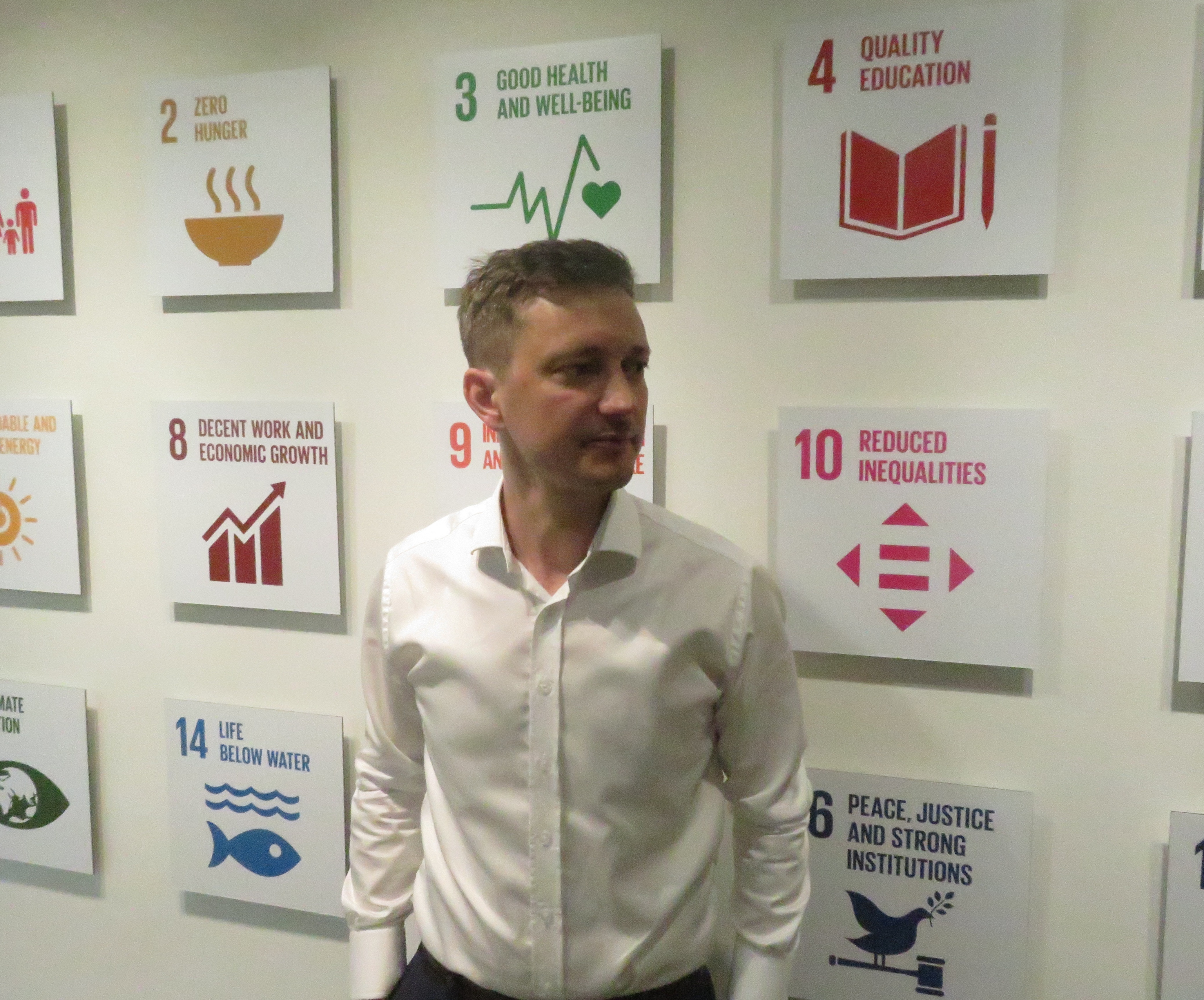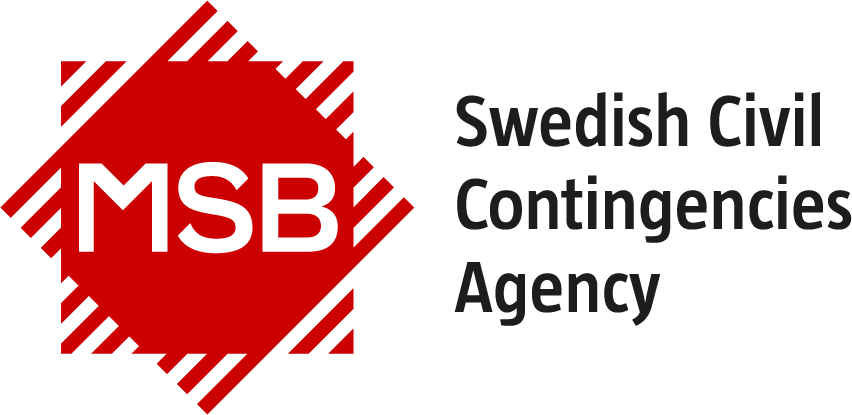Love Calissendorff field story from Brussels
Interview with Love Calissendorff, MSB Policy Specialist in Conflict Prevention and Peacebuilding, seconded to UNDP in Brussels

Love Calissendorff
What aspect of the position would you say is the most interesting?
- As a seconded expert focusing on conflict prevention and the partnership with the EU, the tasks in general are quite varied, which is stimulating. One day, you might work on a new study on how climate change affects conflict dynamics and natural disasters, such as in the aftermath of the earthquake in Myanmar, and on another day, organize a seminar on local mediation initiatives in Lebanon. Brussels is also an interesting workplace because you are involved in or on the receiving end of the development of the EU’s new policies, which are important to understand and interpret both for UNDP and for Sweden. It is both transformative and exciting that new things happen every day, and you really notice the importance of staying attuned and constantly meeting contacts within the EU, other UN agencies, and UNDP colleagues around the world to develop new proposals or lessons learned on how to work with conflict prevention and peacebuilding in innovative and tailored ways.
What particular issues are you currently working on?
- Right now, it’s a critical time for UNDP and the multilateral system at large. Issues that were previously taken for granted to support, such as environment/climate and gender equality, have seen significantly reduced funding from our partners and that has affected what I personally focus on at the moment. The UN has been affected by these severe funding cuts which impact the manner in which the system is able to pursue its priorities. As the world is becoming more polarised and development policies more geopolitical, it is clear that the multilateral system will need to undergo significant reforms and restructuring over the coming years. As it stands, I’m working to ensure that conflict sensitivity, climate security and gender perspectives can be integrated into existing and new projects and initiatives. A concrete example is a new and cost-effective methodology that I developed together with UNDP colleagues the EU, where we explored how women’s limited land ownership and climate change affect conflict dynamics at the community level in Liberia. The result was a new way to analyse conflicts in a relatively simple manner that saves aid money while also providing clearer and better recommendations for the types of projects that could address these challenges.
What made you apply for the position?
- My background is partly in dialogue and peace mediation and social psychology at the grassroots level, but also partly in research and analysis. I was looking for an opportunity to use these experiences within a larger global organization, support peacebuilding efforts in general, and at the same time try something somewhat new. I had worked with different kind of partnerships before, but in this role, I can use both thematic expertise and experience while also exploring how to use the broad portfolio of projects and activities that a global organisation such as UNDP has, as well as the skills and experiences of the colleagues, to create new collaborations with different partners. I also thought it would be interesting to work more at the policy level — and that is definitely part of this role. If I were to mention something less positive, it would be that while being in Brussels, you feel quite far removed from the contexts where most of UNDP’s work is carried out — i.e., in crisis, development, and conflict contexts, which is an aspect of the work that I miss sometimes.
